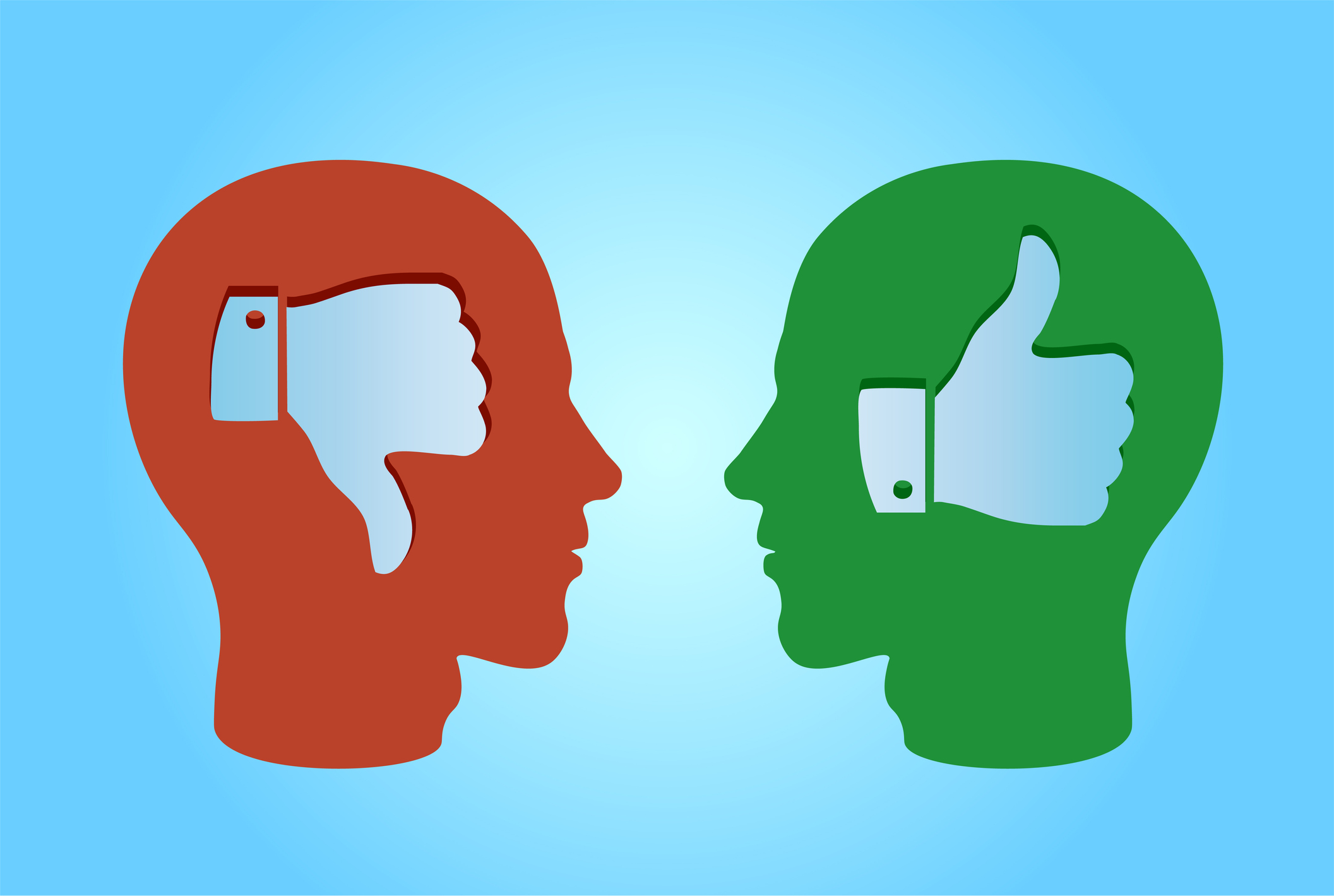
My daughter was reading a book on the beach over the weekend, which launched a discussion about implicit bias among the group we were with.
Obviously a hot topic, there were varying views of what the term actually meant, requiring a definition to be had. I share that definition below:
“Implicit biases are the underlying attitudes and stereotypes that people unconsciously attribute to another person or group of people that affect how they understand and engage with a person or group.”
Let’s face it, nobody wants to be bias. Most biases arrive to us at a time in our lives when we are more concerned with riding our scooters than mastering sophisticated concepts such as “implicit bias.” But as we move to rid ourselves of what we were taught by adult influences and societal standards at the time, is there any leeway given for “trying” or is “punishment” the only acceptable recourse currently?
The example I use to clarify is the following: Bobby watches his friend Juan eat hot sauce on his food at lunch-time daily. He assumes Juan likes hot sauce because he grew up in a family of Mexican origin. One day, Bobby notices that Juan forgot to sprinkle hot sauce on his food as he left the lunch line and walked over to the table to sit and eat. Bobby picks up a packet of hot sauce and carries it over to his friend. Juan asks Bobby why he did so. Bobby responds, “Because you eat it everyday. I was being considerate.” Juan answers Bobby, “Not because I am Mexican?” Bobby responds, “Well, that too.” Juan gets angry and walks away, no longer wanting to be friends with Bobby because of his action, underscored by an unacceptable assumption. This leaves Bobby very upset and confused. Next time, Bobby won’t bring over the hot sauce in consideration of another.
The mistake Bobby made was in his “assumption” but not his act. Wouldn’t it have been better, however, for Juan to educate Bobby to this fact as opposed to punish him? Wouldn’t the outcome have been more beneficial on both the large and small scale?
I see lots of people around me “trying” desperately to overcome their implicit biases, while making mistakes along the way. I hardly believe that punishing them as they continue to try to do better is a solution. I think it only adds to the problem.
We live in a nation and at a time when the lines keep moving, lessons keep coming, and “keeping up” overall is a challenge. Is there no allowance or forgiveness for being imperfect or making mistakes as we try to improve in this regard?
It is tough to understand and “want to change” when you continue to be told that you are stupid, suck and literally the entire problem! Even so, I see many people actively “trying.” In that, there will be mistakes made; so long as humanity exists in its current fallible form and life changes, mistakes will be made.
Better we educate those who are trying with all good intention than punish them as they make their mistakes, in my opinion.
Frankly, “consideration” won’t be the only thing lost among us. Much, much more will go with it…including personal and societal growth as well as peace. Then where will be be.
Just look around to get a clue.

